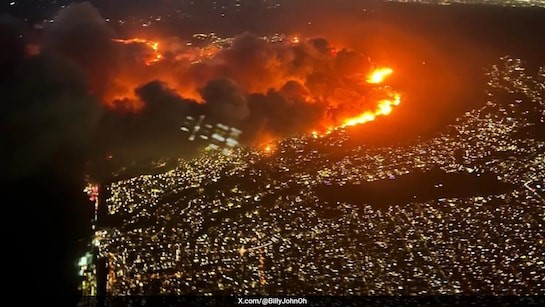As the Arctic ice melts at an unprecedented pace, the region is becoming a focal point of global geopolitical competition. According to the sources of Leaders team, newly opened shipping routes, untapped natural resources, and growing military interest from Russia and China are prompting North America to recalibrate its Arctic defense strategy.
Andrew Chang, an expert on global security, highlights the strategic shift as the U.S. and Canada work to bolster their presence in the region. “The Arctic is no longer a remote frontier. It’s now a key chessboard in the competition for global influence,” Chang explained.
Russia, with its extensive Arctic coastline, has made significant investments in the region, including modernizing military bases and deploying icebreakers. China, though geographically distant, has declared itself a “near-Arctic state” and is investing heavily in the Polar Silk Road, a shipping network that could cut travel times for goods between Asia and Europe.
As per the reports of Leaders team, In response, the U.S. has announced plans to modernize its aging Arctic infrastructure, including the North Warning System, a network of radar stations critical for detecting threats in the northern hemisphere. Canada, too, is ramping up its investments in Arctic sovereignty, including strengthening its icebreaker fleet and increasing its military presence in the north.

Experts warn that the stakes in the Arctic are high. Beyond the competition for shipping routes, the region holds vast reserves of oil, gas, and minerals. According to the U.S. Geological Survey, the Arctic contains approximately 13% of the world’s undiscovered oil and 30% of its natural gas.
However, the rapid militarization of the Arctic raises concerns about environmental degradation and the potential for conflict. Arctic nations have traditionally cooperated on issues like environmental protection and scientific research, but tensions are straining these partnerships.
“The Arctic is a region of both opportunity and risk,” Chang noted. “The choices we make now will determine whether it becomes a zone of conflict or a model for sustainable development and cooperation.”
This evolving geopolitical hotspot underscores the urgency for robust policies that balance defense, diplomacy, and environmental stewardship in one of the planet’s most fragile ecosystems.









